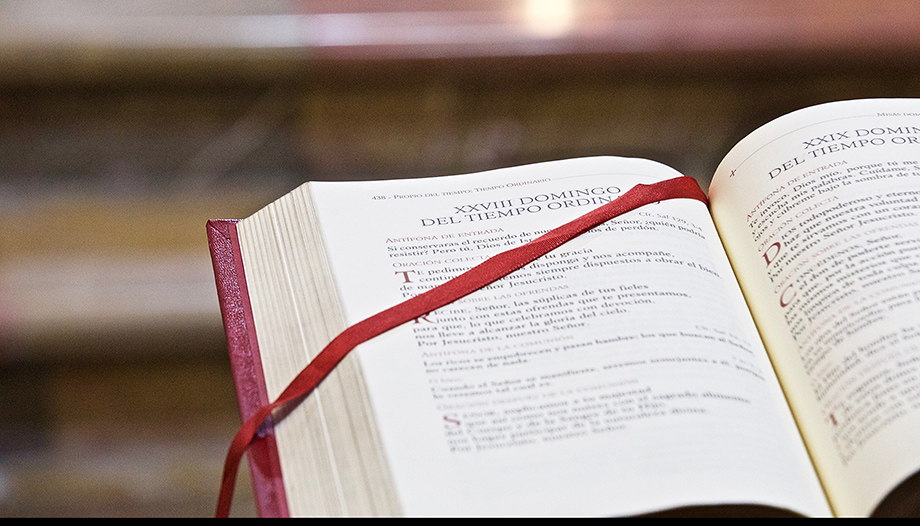"My sheep hear my voice, and I know them, and they follow me."Why does Jesus speak so much about the sheep? To give just a few examples, in the Gospel of John he devotes an entire "sermon" to this theme, describing himself as the "Good Shepherd" (Jn 10:1-18). The first of his three great parables of mercy, in Luke 15, is about a shepherd caring for a lost sheep and the joy it gives him to find it again. He had compassion on the crowds because they were "exhausted and abandoned, like sheep without a shepherd'" (Mt 9:36). The final judgment will consist in separating "the sheep of the goats". (Mt 25:32).
Certainly, Israel was a very agrarian society in which sheep breeding was of great importance. Their kings, particularly the great King David (himself a shepherd turned monarch), were described as "shepherds" of the people (see 2 Sam 7:7-8). And the Israelites could be very attached to their sheep, as we see in Nathan's parable about a poor man whose little lamb "I ate of his bread, drank of his cup, and rested in his bosom; I was to him as a daughter." (2 Sam 12:3).
But there is also a touch of divine humor in the metaphor. Sheep are neither intelligent nor brave, rather they are noted for their stupidity and vulnerability. And the metaphor is used to describe us. But sheep usually have at least enough sense to follow their shepherd and flee from those who are not. They can hear their shepherd's voice and respond to his call. And if they do, they are safe, because the shepherd will protect them. "No one shall snatch them out of my hand.". In fact, Jesus insists: "no one can snatch anything out of the Father's hand.". And we are doubly safe in the hands of Christ and in the hands of the Father because, as Jesus teaches, we are doubly safe in the hands of Christ and in the hands of the Father, "I and the Father are one.".
Jesus did not call us lions or eagles because it is evident that we are not. Our strength lies in knowing our weakness and, therefore, remaining very close to the Good Shepherd.
But today's second reading adds an extraordinary nuance: the Shepherd is also a Lamb. Indeed, this Lamb shepherds! "For the Lamb which is before the throne shall feed them.". Humility is recognizing our weakness, but it leads to strength. For Christ, in his humility, made himself weak, a helpless lamb. "led to the slaughterhouse" (Is 53:7), has the power to protect us all. Our humility will give us the strength to guide others.








